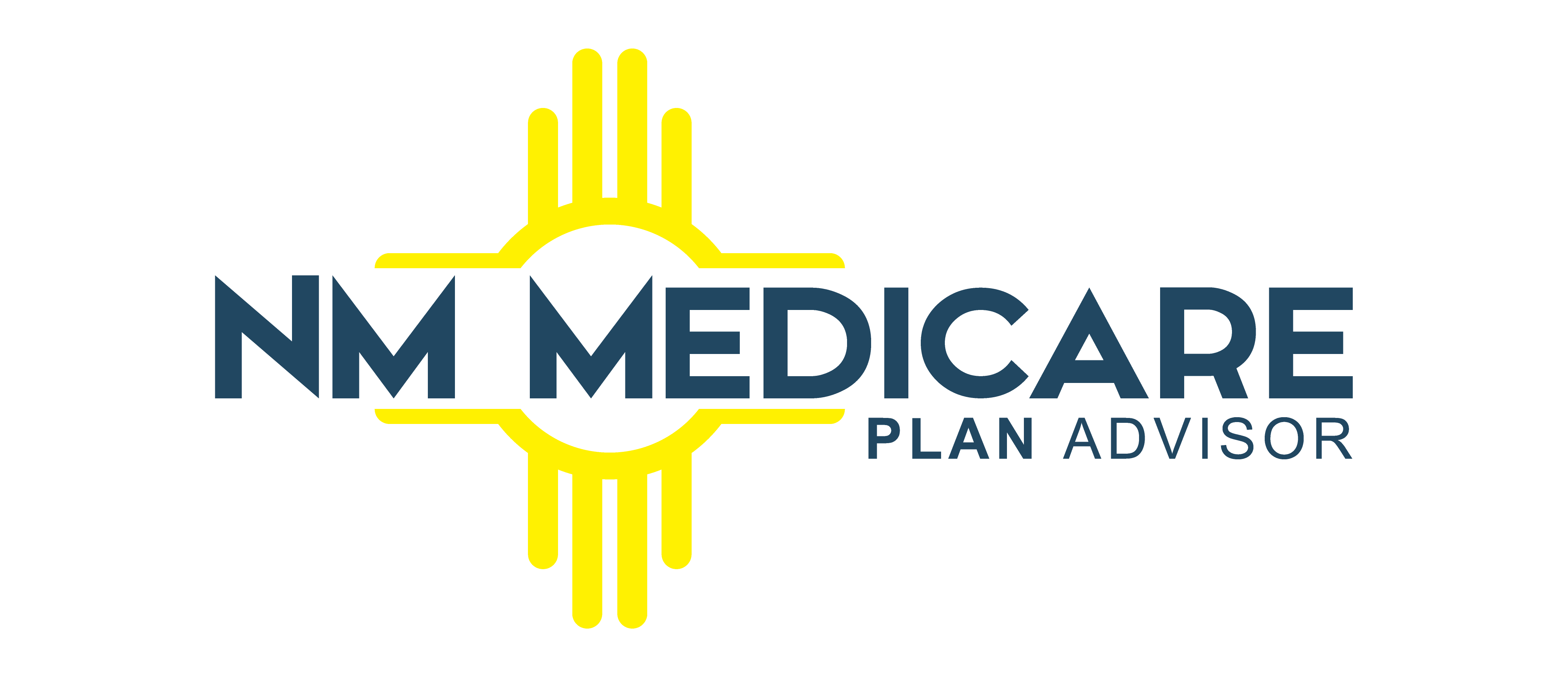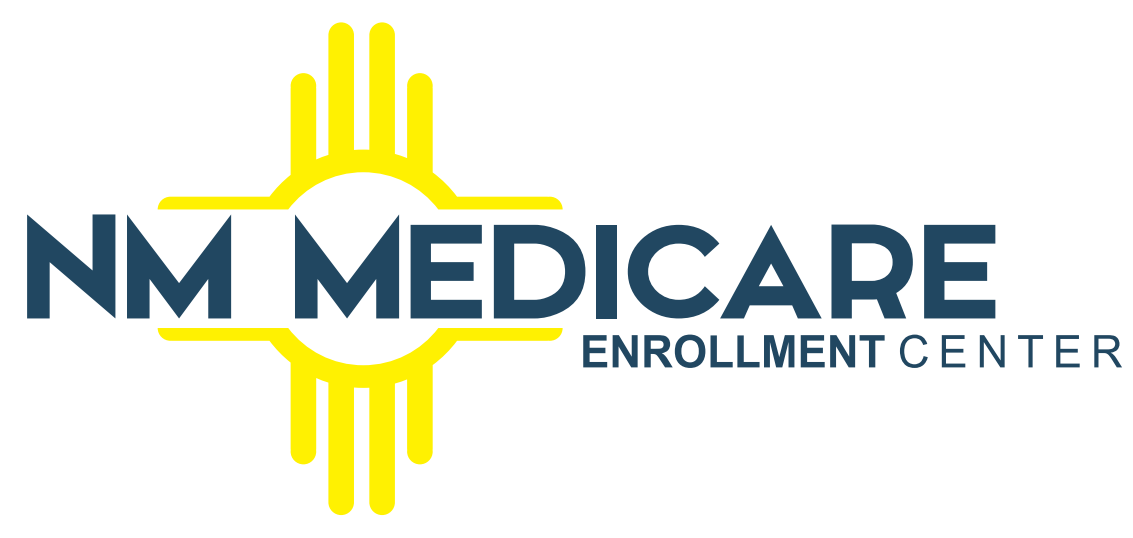Medicare, a federal health insurance program, provides essential coverage for millions of Americans aged 65 and older, as well as certain younger individuals with disabilities. Understanding the eligibility criteria for Medicare is crucial for individuals planning their healthcare needs as they approach retirement age. In this article, we will delve into the details of who is eligible for Medicare and explore the different components of the program.
Part 1: Age-Based Eligibility
The primary criterion for eligibility for Medicare is age. Individuals who are 65 years or older, and either citizens or permanent legal residents of the United States, are generally eligible to enroll in the program. It’s important to note that individuals who are already receiving Social Security benefits are automatically enrolled in Medicare Part A and Part B when they turn 65. However, those who are not receiving Social Security benefits must actively sign up during the Initial Enrollment Period (IEP), which typically begins three months before their 65th birthday and extends for three months after.
Part 2: Eligibility for Younger Individuals
While the majority of Medicare beneficiaries are individuals aged 65 and older, there are certain younger individuals who may also qualify for Medicare. These include:
- Individuals with Disabilities: People under the age of 65 who have received Social Security Disability Insurance (SSDI) benefits for at least 24 months are eligible for Medicare. It’s important to note that individuals with Amyotrophic Lateral Sclerosis (ALS), commonly known as Lou Gehrig’s disease, are eligible for Medicare immediately after receiving SSDI benefits.
- End-Stage Renal Disease (ESRD) Patients: Individuals of any age who have ESRD, such as permanent kidney failure requiring dialysis or a kidney transplant, are eligible for Medicare. Eligibility begins after a waiting period, which can vary depending on specific circumstances.
Part 3: Understanding the Different Parts of Medicare
Medicare consists of several parts, each covering different aspects of healthcare. Let’s explore them in detail:
- Medicare Part A (Hospital Insurance): Part A covers inpatient hospital stays, skilled nursing facility care, hospice care, and limited home healthcare services. Most individuals aged 65 and older are eligible for Part A without having to pay a premium if they or their spouse have paid Medicare taxes while working.
- Medicare Part B (Medical Insurance): Part B covers medical services such as doctor’s visits, preventive care, outpatient care, and medical equipment. Individuals are required to pay a monthly premium for Part B coverage, and the amount is based on their income.
- Medicare Part C (Medicare Advantage): Part C refers to Medicare Advantage plans offered by private insurance companies approved by Medicare. These plans combine Part A, Part B, and often include additional benefits like prescription drug coverage. Eligibility for Part C requires being enrolled in both Part A and Part B.
- Medicare Part D (Prescription Drug Coverage): Part D provides prescription drug coverage. It is available to anyone enrolled in Part A or Part B, and it is offered through private insurance companies. Beneficiaries are required to pay a monthly premium and may also be responsible for cost-sharing.
Part 4: Additional Considerations and Enrollment
- Medigap Policies: Medigap, also known as Medicare Supplement Insurance, is additional insurance offered by private companies to cover costs that Original Medicare (Part A and Part B) doesn’t cover, such as deductibles, copayments, and coinsurance. It’s important to note that Medigap policies only work with Original Medicare, not with Medicare Advantage plans.
- Enrollment Periods: Understanding the various enrollment periods is crucial to avoid potential penalties and ensure seamless coverage. The Initial Enrollment Period (IEP) mentioned above is the first opportunity for individuals to enroll in Medicare. However, there are other enrollment periods to be aware of:
a. General Enrollment Period (GEP): If individuals miss their IEP, they can enroll during the GEP, which runs from January 1st to March 31st each year. However, late enrollment may result in a late enrollment penalty, leading to higher premiums for Part B coverage.
b. Special Enrollment Period (SEP): Certain qualifying events, such as losing employer-based coverage or relocating, may grant individuals a SEP to enroll in Medicare outside of the standard enrollment periods. It is essential to understand the specific requirements for eligibility during these periods.

Part 5: Medicare and Other Health Coverage
Many individuals approaching Medicare eligibility may already have other health coverage, such as employer-sponsored health plans or retiree coverage. It is important to understand how these types of coverage interact with Medicare:
- Employer-Sponsored Coverage: If individuals are still working and covered under an employer-sponsored health plan, they may have options to delay enrolling in Medicare without facing penalties. It is crucial to understand the coordination of benefits between the employer plan and Medicare to ensure comprehensive coverage.
- Retiree Coverage: Some individuals may have retiree coverage provided by a former employer or union. Retiree coverage often works alongside Medicare, covering costs that Medicare doesn’t, such as prescription drugs or additional services. Understanding the rules and limitations of retiree coverage is important to make informed decisions.
Conclusion
Medicare plays a vital role in providing essential healthcare coverage for millions of Americans. Understanding who is eligible for Medicare and the different components of the program is crucial to ensure appropriate enrollment and access to healthcare services. Whether based on age or specific circumstances such as disabilities or end-stage renal disease, individuals must navigate the enrollment periods and make informed decisions regarding Medicare coverage. Additionally, considering supplementary options such as Medigap policies or employer-sponsored coverage is essential for comprehensive healthcare planning.
If you or a loved one are approaching Medicare eligibility and need assistance finding the right Medicare plan or have questions about the enrollment process, we’re here to help. Contact the NM Medicare Enrollment Center at 5057175578. Our knowledgeable team can guide you through the various options available, provide personalized recommendations, and address any concerns you may have.
Don’t miss out on the benefits and peace of mind that Medicare can offer. Take advantage of our expertise and make informed decisions about your healthcare coverage. Contact the NM Medicare Enrollment Center today and ensure you have the right Medicare plan that suits your needs.



